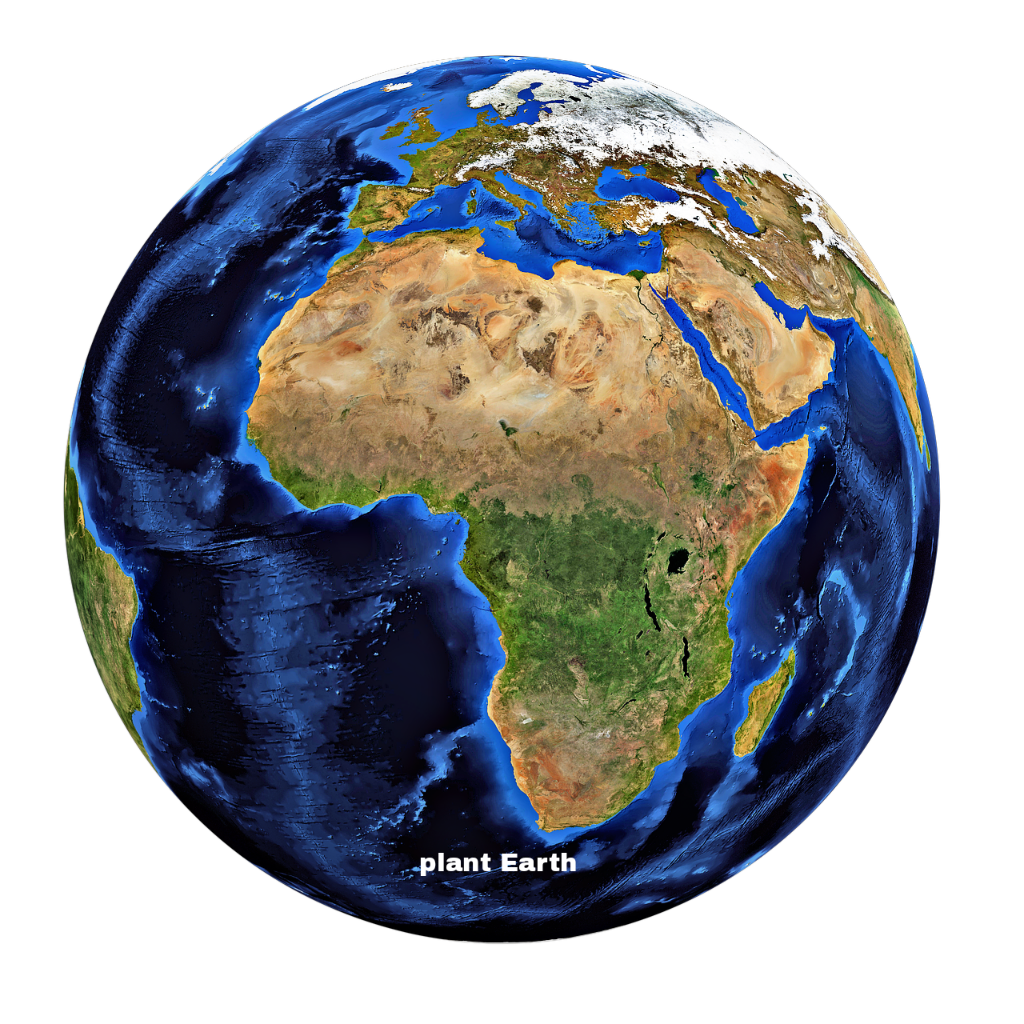Interesting Facts About Planet Earth
Earth has a total surface area of 8.7 billion km2, As of 2010,”Facts About Planet Earth” |
The United Nations estimates global ‘population’ at more than 7.3 billion.
Planet Earth Universal
World population is expected to increase to 8.4 billion by 2050. As of 2010, global energy,
consumption was 6.6 × 1017 J per person, which is more than 3 times the known energy consumption
of all humans in 1750. The world aver temperature in 2005 was 55.86 °C (131 °F).
Water is about 22% of the mass of the earth’s mass and is the most abundant resource on the earth’s surface.
The earth has a temperature range of about 5.2 °C (41 °F) from December to May and about 10 °C (50 °F) from July to November.
The oldest rocks in the world are about 4.4 billion years old.
The earth has a magnetic field about 1.3 million times stronger than that of the earth’s gravity.
The longest river is the Yangtze River, at 7,479 km long. The longest lakes are Lake Titicaca,
Lake Baikal, Lake Baikal, Lake Victoria and Lake Baikal.
The worlds biggest lake is Lake Baikal, which is about 2.1 million km2 in area.
Facts about the Sun
The Sun is the largest and the most luminous star in the Solar System.
Solar radiation and thermal radiation are the two main ways the Sun produces energy.
With the rotation of the Sun, the amount of solar energy varies during each 24-hour period.
Solar irradiance, also known as the total energy flux of the Sun,
is the amount of energy given out by the sun over a period of time.
The solar constant is the average amount of solar irradiance the Sun releases each second,
as measured by an apparent magnitude line. The sun is constantly at a
temperature between 5,800 and 7,100 °C (12,600 and 15,400 °F). The Sun is composed of about 4.1% hydrogen, 28.2% helium,
about 23.4% nickel, 0.2% iron, 0.1% sulfur, and traces of lithium, calcium, potassium and magnesium.
Earth orbits the Sun about 93 million kilometers away from the center.
The apparent diameter of the sun is about 93,540,000 km (58,459,262 mi) at an apparent magnitude of −23.2. The amount of energy received
by the earth from the Sun varies as the size of the Earth changes.
Facts about the Milky Way
The Milky Way Galaxy is the largest galaxy in the Universe. In fact, it is the nearest one to us.
The Milky Way is 100,000 light-years wide and is the closest big galaxy to the earth.
It is 27,000 light-years long. Some scientists believe that the Milky Way was part of a larger galaxy that broke up about 300 million years ago.
The Milky Way is estimated to be about one million light-years across, but some estimates are up to 10 million light-years in diameter.
The Milky Way has 100 billion stars in it. The stars in the Milky Way are different sizes and colors.
The Sun is the brightest star in the Milky Way and is estimated to be about 4 billion years old.
Facts about the solar system
In the year 2087, the sun will be closer to earth than it is now (on the winter solstice).
The earth will have spent 100 years moving away from the sun.
Facts about Biology
Facts about human biology
Humans are the only animal on the earth that has had the ability to modify its own genetic makeup.
In 2000, the Human Genome Project was completed and identified the first genome sequence for the human species.
Humans have 40 chromosomes, which are made up of about 2.9 billion base pairs.
The genome size of the human is 2.7 gigabases (5 megabases), which are the smallest unit of information.
A Genetic changes can be classified as one of seven types.
Each type of genetic change has a different length and is called a mutation.
mutation is also referred to as a change in the base sequence or structural position of a gene,
This genetic information can also be referred to as DNA. The DNA in the human body is made
Also Read – Facts About Human Brain In Hindi
Also Read – Mystery Of Antarctica Sea In Hindi
Friends Interesting Facts About Planet Earth In This Article i hope be helpful thank u
